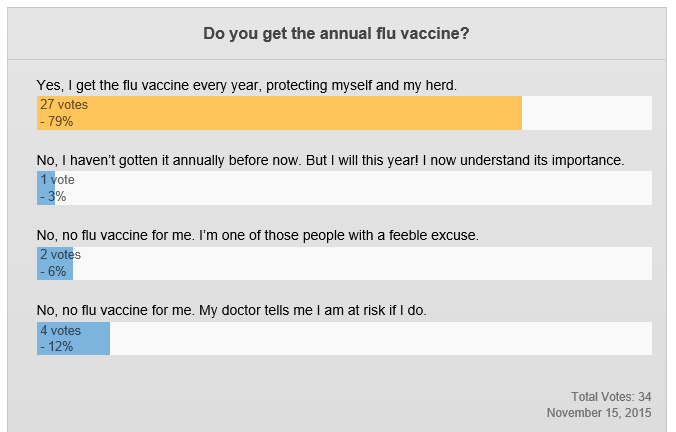Those of you who know me beyond my work with AdvoConnection may know that my roots – the reason I started AdvoConnection – came from patient empowerment – specifically the recognition that when we are sick and debilitated, or scared or worried, most of us are unable to process the information we need to assess in order to make the wisest choices for ourselves.
I experienced it myself, and I’ve heard stories over and over again – where the illness and emotion just don’t allow for even the most intelligent, rational thinkers to conduct themselves the way they would in any other aspect of their lives. From the very human reaction to illness of wishing Mom was there to take care of us, to the ingrained-from-an-early-age attitude that “the doctor is smarter than I am, the doctor is always right, the doctor knows what’s best, the doctor knows everything there is to know….” — the natural default is to yield discussion and decision-making to the doctor. But doing so can wreak havoc on our health.
Most recently the subject has popped up in the AdvoConnection Forum – based on an article in the New York Times called Afraid to Speak Up at the Doctor’s Office. The point being that as patients, with difficult symptoms, a new diagnosis, or ensuing problems, are afraid of asking questions that make us appear as “difficult” patients. As a result, we don’t get the information we need, we aren’t empowered to make the right decisions for ourselves, and we are therefore simply defaulting to what’s being expected of us – not making smart, rational choices.
It’s what I call the “If I Ask Too Many Questions, the Waiter Will Spit In My Soup” fear. Except in this case, it can be life and death.
The discussion in the AC Forum is very much about this phenomenon as the basis for needing an advocate by one’s side in the doctor’s office. And to that I say a loud “Amen!” Discussing with a potential client this fear of discussion with the doctor can certainly help him or her decide that you are exactly the right person to help them out – as if you have read their minds and truly understand them.
But I also see a broader picture – one that can not only help your clients improve their experiences, but can move your health advocacy practice forward, too.
The truth is, much of what our clients need is confidence: confidence for holding up their side of a conversation with (even intimidating) providers, confidence to leave a provider who just isn’t doing right by them, confidence to make the decisions they know need to be made – and more.
You can be the person who helps them build that confidence, and as such, you will build their trust and appreciation for the work you do with them. For many clients (and potential clients) you will not only strengthen their abilities to manage their own medical situation, but you will expand the work they rely on you to do. And when they tell others about how you helped them, it will be in glowing terms (great marketing!)
I’ve written up a list of possible ways this can be done – a springboard for your own ideas as well. Improving client confidence will make you a better advocate, and will help you grow your practice, too.
AdvoConnection members can find this list by logging in to their membership dashboard, finding the Client Services Center, then Client Relations. Look for NEW!
Not a member? Join us!
? ? ? ? ? ? LEARN MORE ? ? ? ? ? ?
FOR PATIENTS | FOR ADVOCATES | FOR POTENTIAL ADVOCATES
? ? ? ? ? ? ? ? ? ? ? ?




